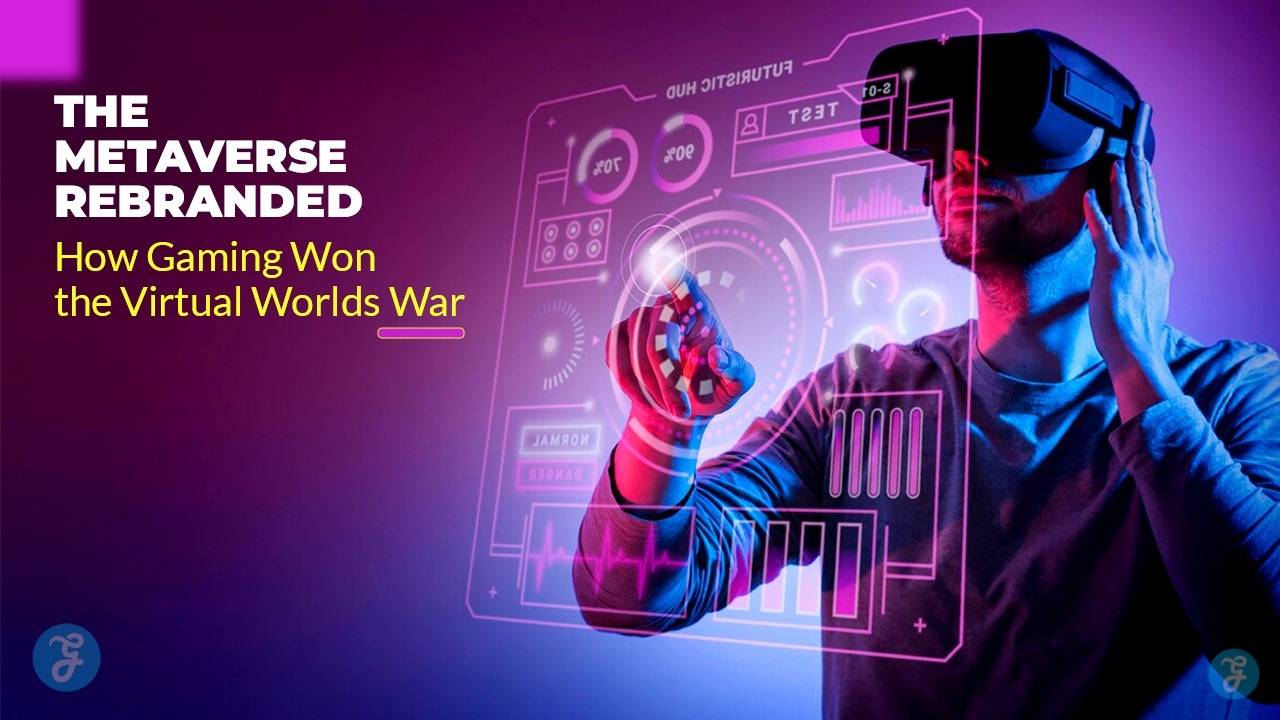Retail management is a critical aspect of the business world, particularly in a dynamic and fast-paced market like Singapore.
With its position as a global hub for commerce, Singapore offers a unique blend of challenges and opportunities for retail managers.
Retail Management Case Studies in Singapore provide invaluable insights into strategies that work in this vibrant landscape.
At its core, retail management involves the process of driving sales and satisfying customers through efficient operations, innovative marketing, and strategic planning.
It encompasses inventory management, customer relationship strategies, and leveraging technology to optimize workflows.
In Singapore, where consumer expectations are high, successful retail management often means staying ahead of trends and delivering exceptional experiences. Retail Management Case Studies in Singapore illustrate how leading businesses meet these demands.
Singapore’s Retail Landscape
Singapore’s retail sector is marked by its diversity—ranging from luxury boutiques on Orchard Road to bustling local markets and e-commerce platforms.
The city-state has embraced digital innovation while retaining a strong in-store shopping culture.
As a regional hub for shopping and tourism, Singapore’s retail industry is influenced by factors such as urbanization, technological advancements, and shifting consumer preferences.
Retail Management Case Studies in Singapore highlight how businesses navigate this duality to achieve remarkable success.
Importance of Case Studies
Studying Retail Management Case Studies in Singapore allows professionals to learn from real-world examples of companies that have excelled.
These case studies showcase practical applications of innovative strategies and underscore lessons that can be adapted across industries and regions.
They also provide insights into overcoming challenges and seizing opportunities within a competitive retail market.
Case Study 1: Optimizing Omnichannel Strategies at XYZ Retail
XYZ Retail, a household name in Singapore, began as a traditional brick-and-mortar chain before recognizing the necessity of omnichannel integration.
Facing declining foot traffic and increased competition from online retailers, the company embarked on a transformation journey to integrate its physical stores with digital platforms.
Retail Management Case Studies in Singapore often feature XYZ Retail as a benchmark for effective omnichannel strategy implementation.
Strategy Implementation
To address its challenges, XYZ Retail implemented several key initiatives:
- Developed a seamless connection between in-store and online shopping experiences by synchronizing inventory and customer data.
- Introduced a user-friendly mobile app with real-time inventory updates, personalized promotions, and a streamlined checkout process.
- Leveraged data analytics to gain insights into customer preferences, enabling targeted marketing campaigns.
Table: Key Features of XYZ Retail’s Omnichannel Strategy
| Feature | Implementation | Benefit |
| Integrated Inventory | Unified stock management system | Reduced stockouts and delays |
| Mobile App | Personalized shopping experience | Improved customer satisfaction |
| Data Analytics | Customer behavior insights | Enhanced marketing precision |
Results Achieved
The results were impressive:
- A 30% increase in customer engagement within the first six months.
- A 25% boost in revenue attributed to the integration of physical and digital sales channels.
- Enhanced customer satisfaction scores due to consistent and convenient shopping experiences. Retail Management Case Studies in Singapore often highlight these achievements as a template for success.
Case Study 2: Sustainable Practices by GreenMart
GreenMart is a leader in sustainable retailing in Singapore, known for its commitment to environmental stewardship.
The company faced challenges in maintaining profitability while adhering to eco-friendly practices, as sustainability initiatives often required upfront investments.
This makes GreenMart a standout example in Retail Management Case Studies in Singapore focusing on sustainability.
Innovative Solutions
GreenMart implemented a series of initiatives to balance sustainability with profitability:
- Transitioned to biodegradable packaging across all product categories, reducing environmental impact.
- Partnered with local farms to source organic and sustainable produce, supporting the local economy.
- Educated customers about sustainability through in-store events, workshops, and digital campaigns.
Table: GreenMart’s Sustainable Practices and Their Impact
| Initiative | Description | Outcome |
| Biodegradable Packaging | Compostable and recyclable materials | Reduced waste |
| Local Sourcing | Partnerships with organic farmers | Strengthened local supply chains |
| Sustainability Workshops | Community engagement programs | Increased brand loyalty |
Outcomes and Benefits
These efforts paid off significantly:
- GreenMart achieved recognition as one of Singapore’s most eco-conscious retailers.
- Customer loyalty increased, with many shoppers citing sustainability as a key factor in their choice.
- The company expanded its market share while reducing its carbon footprint, solidifying its reputation as a leader in sustainable retailing. Retail Management Case Studies in Singapore often cite GreenMart as a model for balancing profitability with eco-conscious values.
Case Study 3: Personalization at ShopEase
ShopEase, a mid-sized retailer in Singapore, focuses on delivering exceptional customer experiences.
The company’s core strategy revolves around personalization, recognizing that tailored interactions drive engagement and build long-term relationships with customers.
This approach places ShopEase at the forefront of Retail Management Case Studies in Singapore.
Personalization Tactics
ShopEase employed advanced technologies to create personalized experiences:
- Integrated AI-driven tools for product recommendations based on browsing and purchase history.
- Designed targeted promotional offers aligned with individual customer preferences, leveraging loyalty program data.
- Launched a gamified loyalty program that rewarded customers for frequent purchases and social media engagement.
Table: ShopEase’s Personalization Strategies
| Strategy | Description | Customer Impact |
| AI Product Recommendations | Tailored shopping suggestions | Increased purchase frequency |
| Targeted Promotions | Customized discounts and offers | Higher redemption rates |
| Gamified Loyalty Program | Fun, engaging reward system | Enhanced customer retention |
Impact of Personalization
The outcomes of these efforts included:
- A significant improvement in customer retention rates, with a 20% year-over-year increase.
- An 18% increase in average transaction value, as customers felt more connected to the brand.
- Positive feedback from shoppers who appreciated the tailored shopping experiences and engaging loyalty program. Retail Management Case Studies in Singapore highlight ShopEase as a leader in leveraging personalization for growth.
Case Study 4: Revamping In-Store Experiences at LuxeStyle
LuxeStyle, a luxury retail brand in Singapore, faced declining foot traffic due to the rise of online shopping.
To combat this, the company sought to redefine the in-store experience for its high-end clientele, blending exclusivity with innovation. LuxeStyle’s story is frequently cited in Retail Management Case Studies in Singapore for its focus on experiential retailing.
Revamp Strategies
LuxeStyle implemented several innovative strategies:
- Integrated AR/VR technologies to create immersive product demonstrations, allowing customers to virtually try products.
- Hosted exclusive in-store events, including private shopping sessions, fashion shows, and product launches.
- Enhanced loyalty programs with VIP perks, such as early access to collections and personalized styling consultations.
Table: LuxeStyle’s In-Store Innovations
| Initiative | Description | Benefit |
| AR/VR Technologies | Virtual product try-ons | Elevated customer engagement |
| Exclusive Events | High-end, personalized experiences | Strengthened brand loyalty |
| VIP Perks | Customized rewards for top clients | Improved repeat visits |
Results and Takeaways
These changes yielded positive results:
- Customer satisfaction scores soared, with many praising the unique in-store experiences.
- In-store sales increased by 28%, and event attendance exceeded expectations.
- LuxeStyle established itself as a pioneer in luxury retail innovation. Retail Management Case Studies in Singapore often point to LuxeStyle as a trailblazer in redefining the luxury retail experience.
Case Study 5: Digital Transformation of MegaMart
MegaMart, a leading retail chain in Singapore, faced the challenge of adapting to the digital age. Initially, the company struggled with outdated systems, fragmented data, and a lack of online presence.
MegaMart’s journey stands out in Retail Management Case Studies in Singapore as an exemplary digital transformation.
Transformation Journey
The company’s digital transformation involved:
- Migrating inventory management to a cloud-based system for better efficiency and reduced errors.
- Launching an e-commerce platform complemented by a mobile app to provide a seamless shopping experience.
- Implementing AI-driven chatbots for 24/7 customer support, enhancing accessibility and responsiveness.
Table: MegaMart’s Digital Transformation Initiatives
| Initiative | Description | Outcome |
| Cloud-Based Inventory | Centralized stock management | Reduced operational costs |
| E-Commerce Platform | Online shopping portal | Expanded customer base |
| AI Chatbots | Automated customer service | Improved customer satisfaction |
Results and Lessons Learned
The transformation delivered substantial benefits:
- Operational costs reduced by 15% through efficient inventory and logistics.
- The customer base expanded significantly, with a 35% increase in online sales.
- MegaMart positioned itself as a tech-savvy leader in Singapore’s retail space. Retail Management Case Studies in Singapore frequently reference MegaMart as a case study for successful digital adoption.
Key Takeaways from the Case Studies
Common Success Factors
Across these Retail Management Case Studies in Singapore, several common themes emerge:
- A commitment to innovation and adaptability.
- The strategic use of technology to enhance customer experiences.
- A deep understanding of customer needs and preferences.
Lessons for Retail Managers
Retail managers can draw valuable lessons from these case studies:
- Leverage data analytics to inform decision-making.
- Balance technology with personalized, human-centric approaches.
- Stay agile and open to experimenting with new strategies. These principles, as highlighted in Retail Management Case Studies in Singapore, can drive transformative success.
Lists
- Top Strategies from the Case Studies:
- Omnichannel integration.
- Focus on sustainability.
- Personalization of customer interactions.
- Leveraging immersive technologies.
- Digital transformation for operational efficiency.
Infographics
Include visuals showcasing:
- Growth trends in Singapore’s retail sector.
- Key results from the case studies.
- Steps to successful retail management.
Takeaways
The Retail Management Case Studies in Singapore demonstrate that innovation, customer-centric strategies, and adaptability are key to thriving in this competitive landscape.
From embracing technology to committing to sustainability, these case studies provide a roadmap for success.
As Singapore’s retail industry continues to evolve, trends such as AI, sustainable retailing, and experiential shopping will shape its future.
Retail managers must stay informed and proactive to seize new opportunities.
Retail professionals and aspiring managers should study these Retail Management Case Studies in Singapore to glean actionable insights and apply them to their own strategies.
Success in retail management is achievable with the right blend of innovation, customer focus, and strategic execution.




































